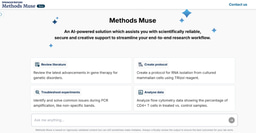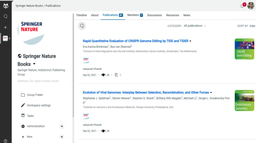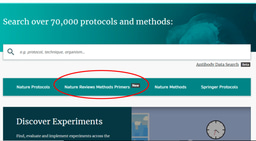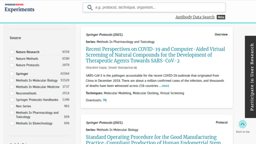Advancing Lab Instruction: Protocols in Scientific Education & Training
Published in Protocols & Methods
When we think of 'protocols' our first thought is probably of procedures used in a research lab setting. Protocols do indeed play an obvious and critically important role in research. But recently, my team has been exploring a related question: can protocols content also be consumed outside of research labs? For example, how could protocols content also be used in non-research settings, like teaching labs or life science lab-focused courses?
In a recent webinar, I explored these questions in much more detail. The presentation itself, aimed at anyone teaching or supporting life science lab courses, covered the following areas:
Section 1: What are Lab Protocols and Why are they Important?
-What are protocols
-Protocols vs. “regular” research content
-Examples of protocol structure
-Who uses protocols: lab researchers & technicians everywhere
Section 2: Protocols as Education & Training Resources: Use Cases
-Importance of protocols familiarity for students
-Protocols content & resources (e.g., Experiments)
-Use case 1: Genetic Engineering
-Use case 2: Bioinformatics
-Use case 3: Modeling & Simulation
Section 3: Mapping Protocols to the Career Path (Student to Scientist)
-Pathway 1: Researcher/Principal Investigator
-Pathway 2: Technician/Scientific Support
Section 4: Outlook
-Increasing importance of protocols (and life sciences)
-New R&D environments (lab digitization)
-Train the next generation of lab researchers & workers using protocols
My team is currently exploring this rich area and we're keen to chat in more detail with any life science lab course instructors. We'd love to learn more about how we can better serve you. Don't hesitate to reach out with any questions, comments, or suggestions!





Please sign in or register for FREE
If you are a registered user on Research Communities by Springer Nature, please sign in